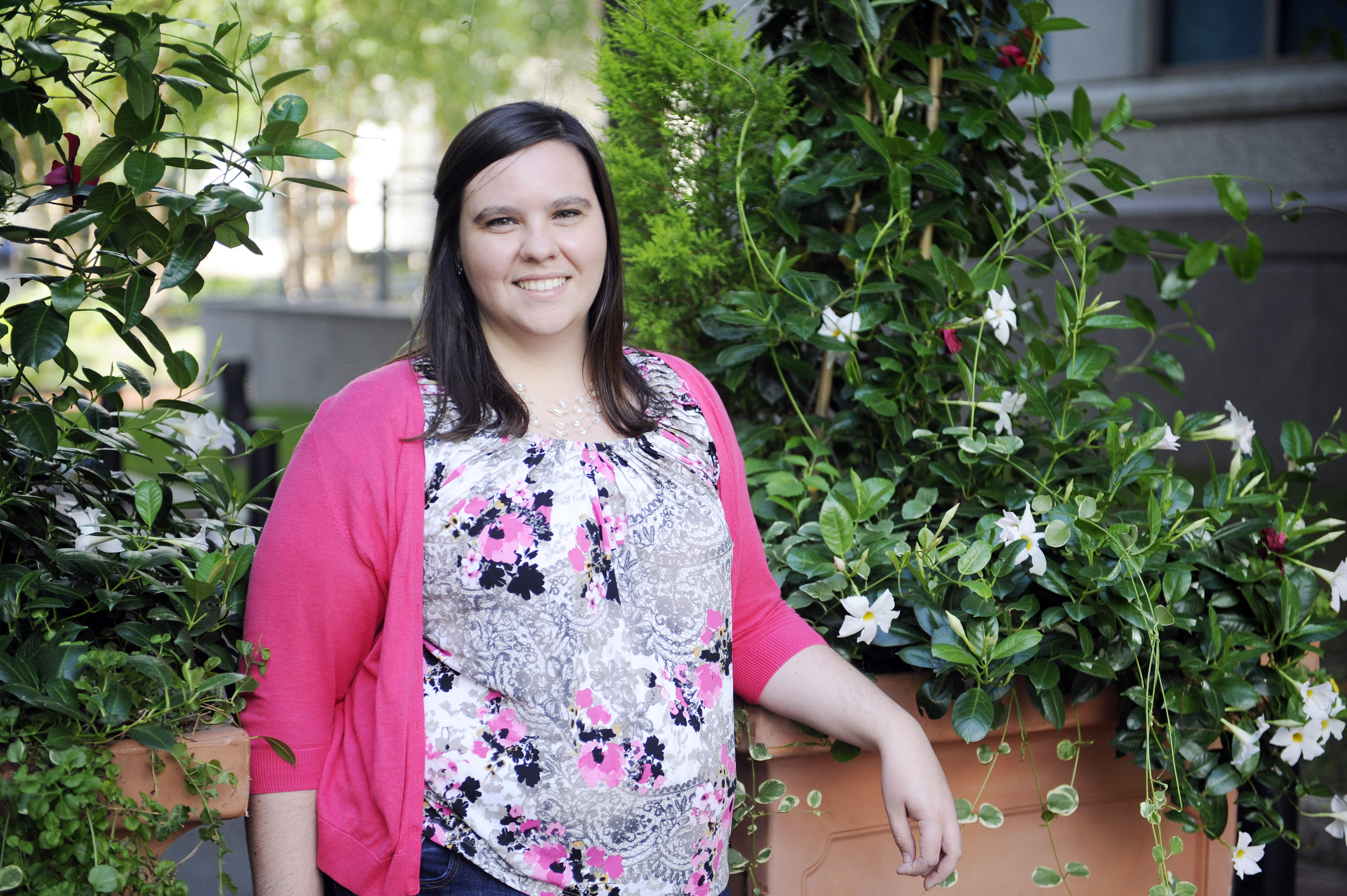Dana Klug, Chemistry PhD candidate, sits down with the College of Science Graduate Program staff to talk about what it’s like to work and study at Northeastern University.
What are you researching?
As a fourth-year grad student in Dr. Michael Pollastri’s laboratory, I do medicinal chemistry research and drug discovery focused on neglected diseases, such as African sleeping sickness, that affect the world’s poorest populations. My work focuses on starting from “hit” molecules that meet some minimum critera and developing “lead” molecules that have the potential for further development as clinical candidates.
In the past year, under a predoctoral fellowship from the ACS Medicinal Chemistry Division, I’ve been working to improve the properties and build the structure-activity relationships of a group of compounds that were discovered by a high-throughput screen that was done in collaboration between our lab and GlaxoSmithKline.
Why did you choose Northeastern?
I was a chemistry major and sociology minor at DePaul University and was interested in neglected diseases and global health. It was important to me to be involved in these areas while pursuing my chemistry PhD, and the Northeastern chemistry department offered great opportunities to do so.
What is your favorite part of Boston?
I love Coolidge Corner – great restaurants, the Coolidge Corner Theatre, and Brookline Booksmith really make it worth a visit!
What are the perks of being a Northeastern graduate student?
One thing I’ve really enjoyed is the opportunity to mentor some outstanding undergraduate students. Because of the co-op program, Northeastern attracts students who are very motivated and have usually already had some hands-on experience by the time they join a research lab. The students I’ve mentored have been a pleasure to work with and definitely bring a lot of personality into the lab!
What advice would you give to an incoming graduate student?
I’ve found that cultivating relationships and fostering a positive lab culture have had a huge impact on my graduate school experience. Talk to potential PIs and other graduate students about the working environment before picking a program or joining a lab. Try to be as inclusive as possible – it really does make a difference.
What are your plans after degree completion?
I definitely want to stay involved in global health, so I’m thinking about ultimately working in the pharmaceutical industry or focusing on science policy and government.

